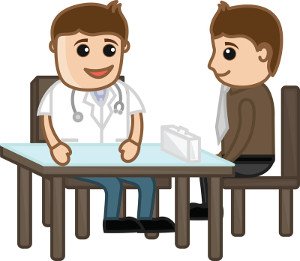A new study published in the BMC Medical Education journal showcased various benefits of using the instant messaging application WhatsApp as an educational communication tool between a small group of medical students and tutors.
A large proportion of medical students own smartphones and consequently, instant messaging applications have become a favored method of communication as opposed to e-mailing. Interestingly, past research has conveyed that the inclusion of mobile applications within dental and medical educational programs raised participation rates among students, improved communication between tutors and students, and facilitated feedback procedures. An instant-messaging app called WhatsApp has proved to be a promising communication tool for nurses in a primary healthcare setting; the application aided nurses by providing a strategy for asking questions about course material and facilitating their ability to understand how to apply theory to clinical practice, and it increased the availability of study examination materials.
Prior to the conduction of a new study, no study had shown that the use of an instant messaging application could be practically implemented and accepted for use in a secondary health care environment among medical students.
This study, published in the BMC Medical Education journal, was conducted with the purpose of investigating the effectiveness and acceptability of using WhatsApp as a communication strategy with the aim of supplementing medical education among a small group of third-year medical students in the United Kingdom. The messages sent between tutors were categorized according to three themes: organizational, educational, and social.
19 medical students participated in this study. Medical students expressed the benefits of utilizing WhatsApp as a mode of communication, some of which included the ability to easily access and refer to previous conversations, and the usage of online resources to help explain complex ideas or topics, among others. However, a tutor cited the absence of face-to-face or non-verbal communication as a challenging barrier to precisely identifying whether or not students were truly understanding the material being explained.
This study incorporated a blended approach to communicating educational materials to medical students that included content delivered via WhatsApp and through face-to-face teaching during a meeting where feedback was provided to students. Overall, this study demonstrates the acceptability and practical applications of an instant-messaging communication tactic (involving WhatsApp in particular) that may be used to enhance the communication of educational content to third-year medical students. Results from this study could be used to inform the planning and implementation of future studies involving more students. Importantly, these study results outline the possible use of WhatsApp as an effective communication tool between clinicians, however, its feasibility and ability to be implemented in clinical settings warrant further investigation.
Written By: Melissa Booker



